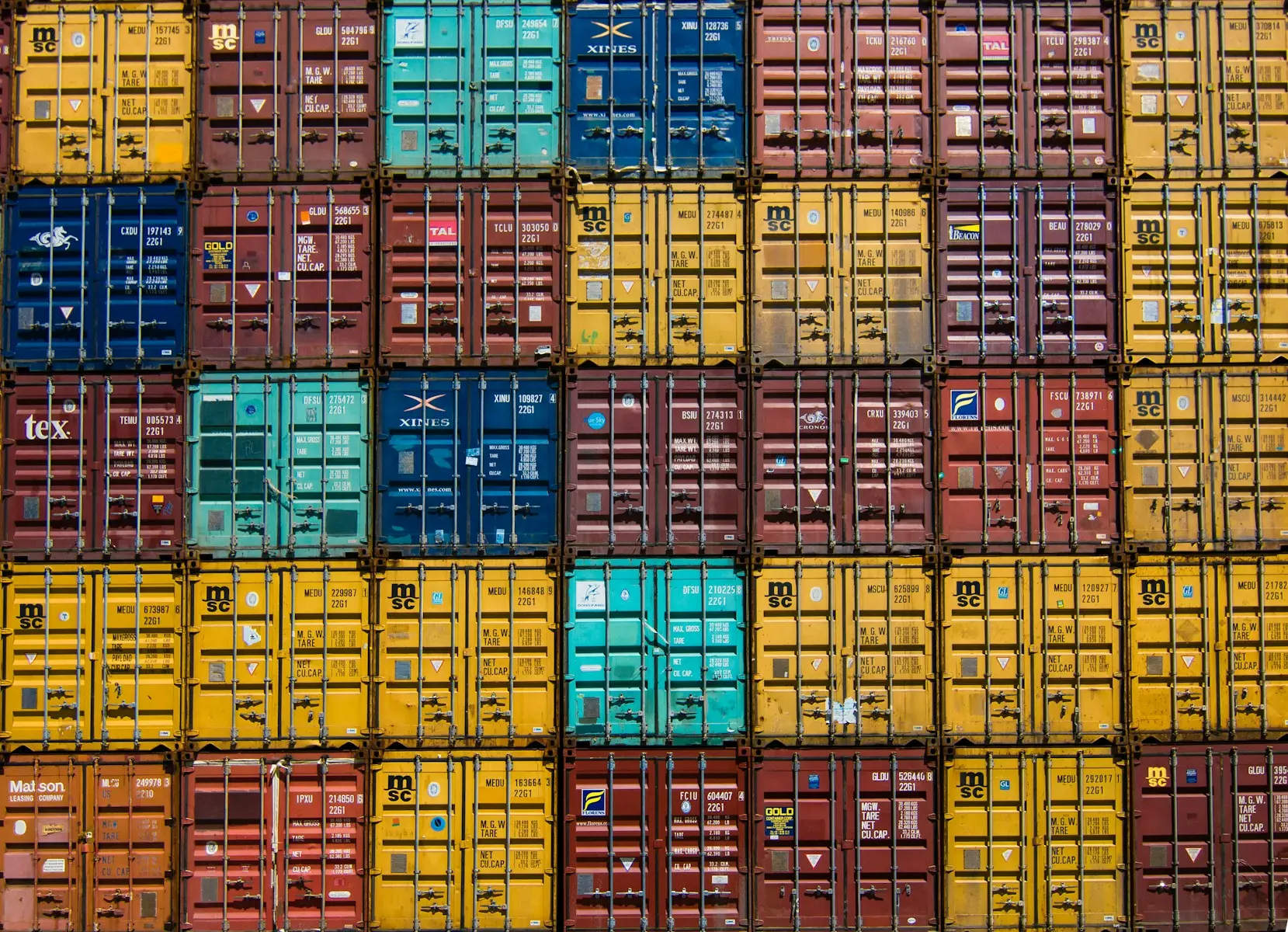The European Union’s ambitious trade negotiations have encountered significant obstacles as both negotiating parties appear to be deliberately slowing down the process. What was once hailed as a promising pathway to enhanced economic cooperation has now become a complex diplomatic chess game, with each side carefully calculating their next moves while the clock ticks away.
Get 50% OFF!
Subscribe to our newsletter and enjoy a 50% discount on all listing packages, no strings attached!

EU Trade Deal Hits Roadblock Amid Delays
The much-anticipated EU trade agreement has stumbled into a period of uncertainty, with negotiations grinding to a near halt as fundamental disagreements emerge between the parties involved. Sources close to the talks suggest that the initial optimism surrounding the deal has given way to more sobering realities about the complexities of modern trade relationships. The stalling comes at a particularly challenging time for global commerce, as supply chain disruptions and geopolitical tensions continue to reshape international trade patterns.
Key sticking points have emerged around agricultural subsidies, digital services taxation, and environmental standards, with neither side willing to make the concessions necessary to break the deadlock. The European Commission has maintained its position on protecting European farmers and upholding strict environmental regulations, while their counterparts have pushed back against what they perceive as overly restrictive requirements. These fundamental philosophical differences about the role of government in trade regulation have created an impasse that threatens to derail months of careful diplomatic work.
The delay has already begun to impact business confidence, with major corporations expressing concern about the uncertainty surrounding future trade arrangements. Industry leaders who had been planning investment strategies based on the expected agreement now find themselves in limbo, unable to make long-term commitments without clarity on the regulatory framework that will govern their operations. This business uncertainty is beginning to translate into real economic consequences, with some companies already scaling back expansion plans in affected markets.
Both Sides Stall Talks to Buy More Time
Rather than pushing aggressively for a resolution, both negotiating teams appear to be embracing a strategy of calculated delay, each hoping that time will work in their favor. This approach reflects a sophisticated understanding of the political dynamics at play, as domestic pressures on both sides make immediate concessions politically costly. The deliberate pace allows negotiators to conduct extensive consultations with stakeholders while avoiding the appearance of capitulating to foreign demands.
The timing strategy also reflects broader geopolitical considerations, as both sides monitor developments in other international trade relationships that could influence their negotiating positions. Recent changes in global trade patterns, particularly involving major economies like the United States and China, have created new variables that negotiators want to fully understand before committing to specific terms. This cautious approach, while frustrating to those seeking quick resolution, demonstrates the complexity of modern multilateral trade relationships.
Internal political calendars are also driving the delay tactics, as key decision-makers on both sides face domestic political pressures that make compromise difficult in the current environment. Electoral considerations, legislative schedules, and bureaucratic processes all contribute to a situation where neither side feels compelled to rush toward an agreement. The result is a negotiating environment where patience has become a strategic asset, even as external observers grow increasingly frustrated with the lack of visible progress.
As the EU trade deal negotiations continue to unfold at a deliberately measured pace, the ultimate outcome remains uncertain. While the current stalling tactics may serve short-term political interests for both sides, the longer-term economic implications of prolonged uncertainty could eventually force negotiators back to the table with renewed urgency. The challenge will be finding a path forward that addresses legitimate concerns on both sides while recognizing that in an interconnected global economy, the costs of inaction may ultimately outweigh the political risks of compromise.





Join The Discussion